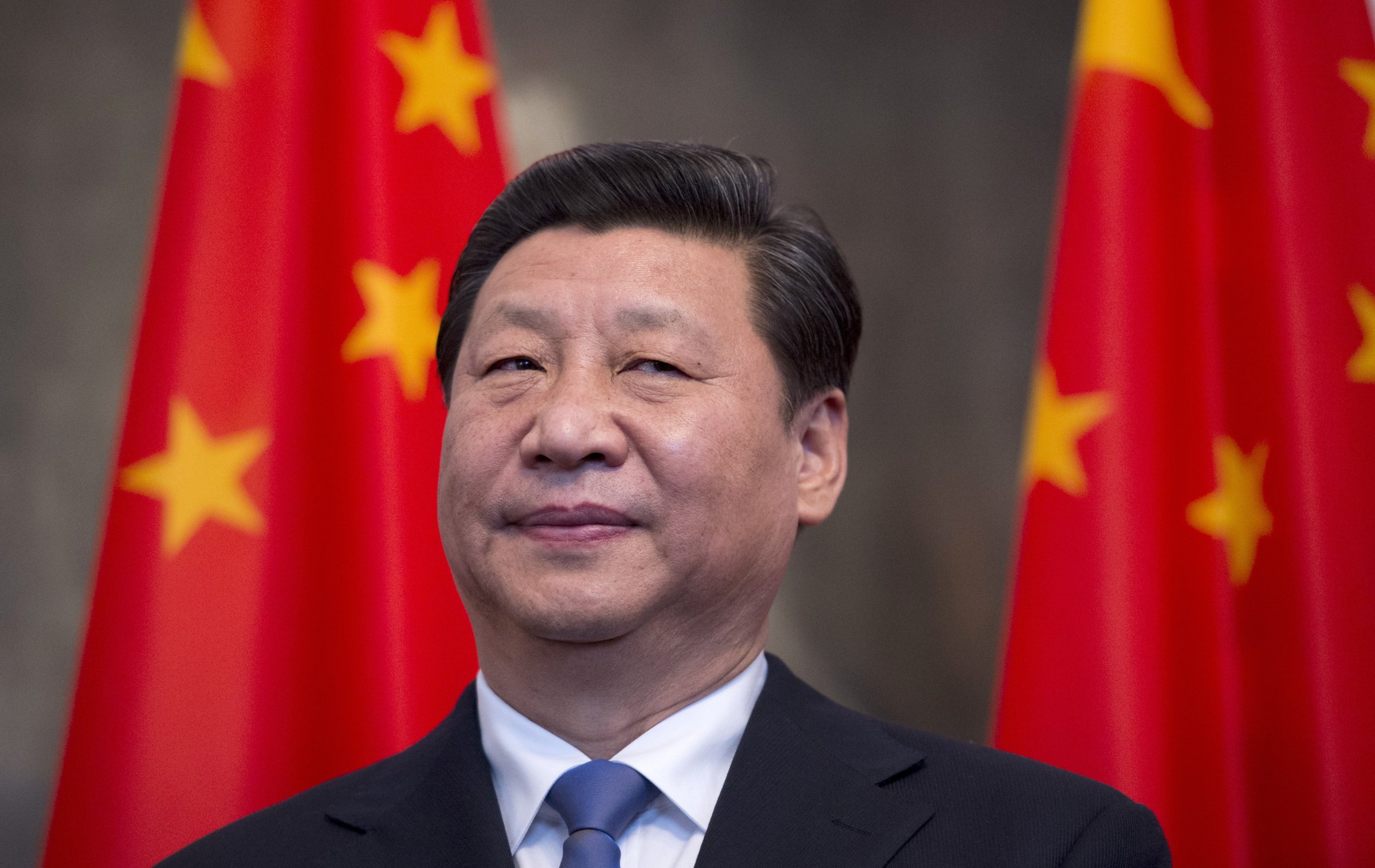
Chinese President Xi Jinping takes a zero-tolerance approach to bad press. Maybe he believes that the complexity and historic stakes involved in his sweeping economic-reform plan demand the assertion of absolute moral authority. Or maybe he’s just very sensitive. Either way, the Panama Papers, which detail allegations that senior Chinese leaders, including a member of Xi’s family, have engaged in offshore deals worth millions, were bound to provoke fury in Beijing.
Xi has never welcomed criticism. In 2012, a Bloomberg story on his family’s wealth and business connections led to China’s denying all visa requests from Bloomberg, just as it would do to the New York Times after a story on the wealth of those close to ex-Premier Wen Jiabao. Every news group outside China must weigh the risk that an unflattering story about the leadership, particularly one that involves ill-gotten gains, will end its access to the world’s soon-to-be largest economy.
The President has also faced criticism inside China. Last month, an anonymous letter calling for his resignation was somehow published on a government-affiliated website. Official media have complained openly of censorship. Recently, stories have emerged of disappearing journalists and their intimidated families. This is all at a time when critics warn that Xi has amassed too much power and is building a cult of personality.
China’s latest embarrassment comes as other emerging world leaders are fending off corruption charges and fighting for their political lives. Fallout from a massive bribery scandal will probably force Brazil’s Dilma Rousseff from power. Malaysia’s Najib Razak has tried to explain that hundreds of millions deposited into his bank account by a Saudi royal were merely a gift. South Africa’s Jacob Zuma says a swimming pool and millions of dollars in other upgrades to his home were intended to enhance its security.
The Panama Papers appear to show that current and former members of Britain’s Conservative Party, including Prime Minister David Cameron’s late father, have shielded wealth in offshore accounts. They also suggest that some of Vladimir Putin’s closest friends have become filthy rich in murky ways.
But China is different because of its growing importance for the entire global economy. Any public blow to Xi’s authority will make it more difficult for him to sweep away corruption and advance much-needed economic reforms. Draconian retaliation against unflattering press or internal critics, however, doesn’t project self-confidence. Attempts to exempt top leaders from criticism make the regime look brittle. China’s growth and the party’s grip are strong enough that it won’t matter in 2016, but a sharper slowdown in the future will test Xi’s authority as never before.
More Must-Reads from TIME
- Cybersecurity Experts Are Sounding the Alarm on DOGE
- Meet the 2025 Women of the Year
- The Harsh Truth About Disability Inclusion
- Why Do More Young Adults Have Cancer?
- Colman Domingo Leads With Radical Love
- How to Get Better at Doing Things Alone
- Michelle Zauner Stares Down the Darkness
Contact us at letters@time.com